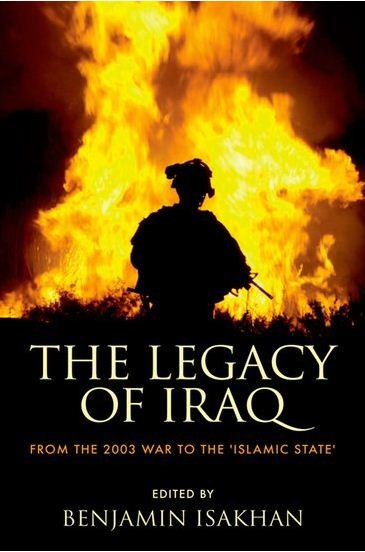Iraq, the Illusion of Security and the Limits to Power
 Joseph A. Camilleri, 'Iraq, the Illusion of Security and the Limits to Power', in Ben Isakhan (ed), The Legacy of Iraq: From the 2003 War to the 'Islamic State', Oxford: Oxford University Press, 2015.
Joseph A. Camilleri, 'Iraq, the Illusion of Security and the Limits to Power', in Ben Isakhan (ed), The Legacy of Iraq: From the 2003 War to the 'Islamic State', Oxford: Oxford University Press, 2015.
The US military intervention in Iraq and the protracted and continuing violence it has unleashed constitute a defining feature of the post-Cold War world. Many have analysed this violence primarily in terms of its devastating impact on Iraqi society, economy, environment and politics. Legitimate and important though it is this line of inquiry is deficient if it does not adequately integrate into its analysis the regional and global ramifications of the violence which are as enduring as they are wide-ranging. The US decision to intervene is now generally understood to have been illegitimate and illegal, but the reasons for and the consequences of that decision have yet to receive the attention they deserve. If we are to make sense of what the United States attempted in Iraq and what it actually achieved, we need to analyse three key facets of contemporary international life: a) the globalisation of insecurity; b) the limits to empire, and c) the pitfalls associated with the unilateral use of force.
